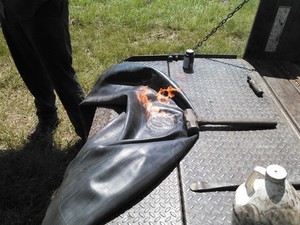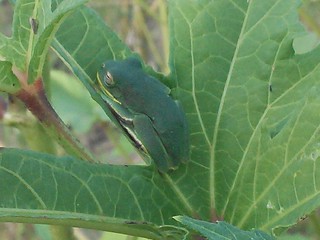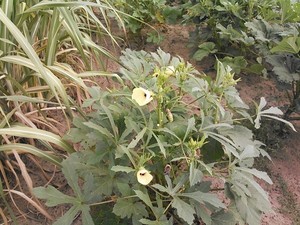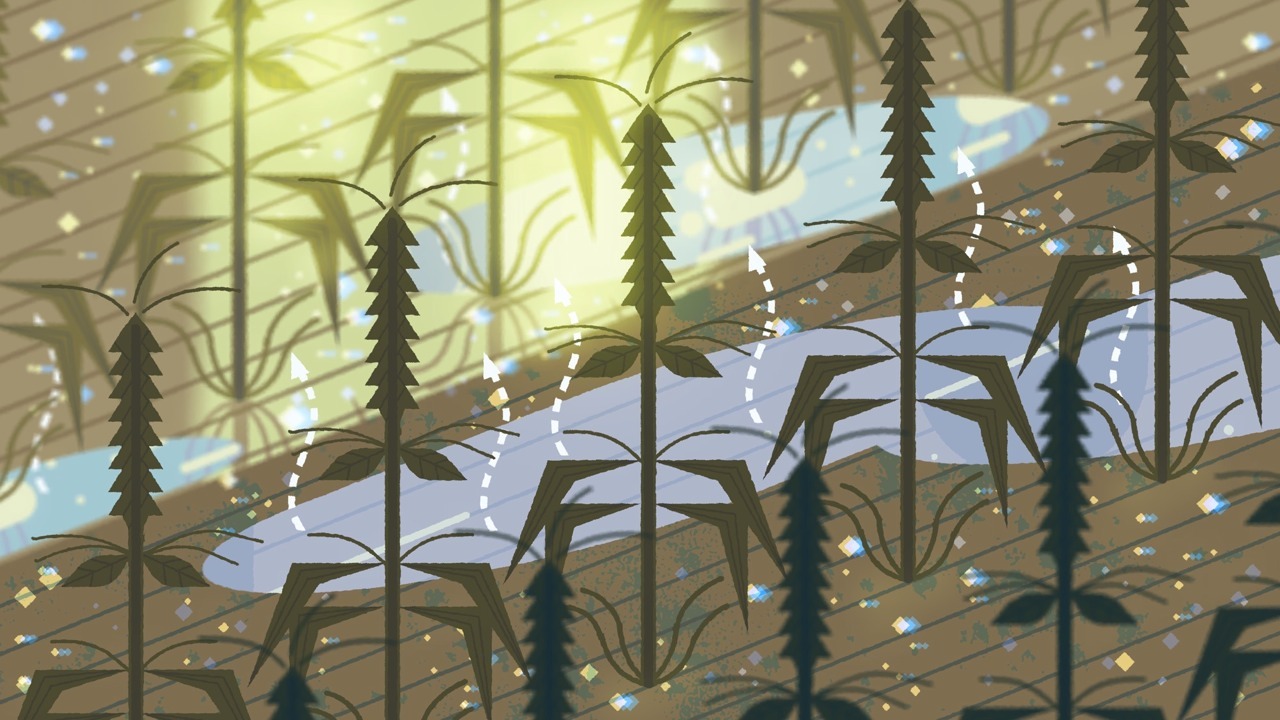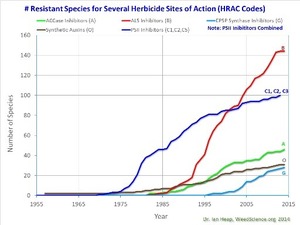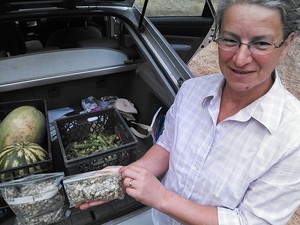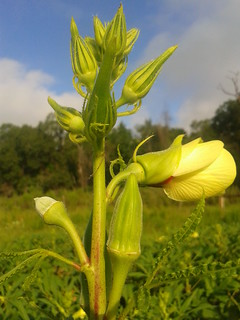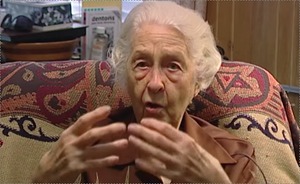 Here’s
a video about Elsie,
A Crusader for Conservation,
19 September 2014,
by Tennessee’s Wild Side, “The Emmy Award winning show produced through the generosity of the Jackson
Foundation, Tennessee State Parks, and the Tennessee Wildlife Federation.”
Lots of good pictures, some video snippets of Elsie, and some narration by her nephew Patrick and by Biologist Tom Hemmerly, who reminds us of Elsie’s work at Radner Lake, in addition to her cedar glades work.
Ranger Buddy Ingram explains her biggest contribution may have been
in getting numerous different segments of society to cooperate
in saving whole ecologies.
Botanist Kim Sadler and others explain how inspiring all that is to generations
of students.
Here’s
a video about Elsie,
A Crusader for Conservation,
19 September 2014,
by Tennessee’s Wild Side, “The Emmy Award winning show produced through the generosity of the Jackson
Foundation, Tennessee State Parks, and the Tennessee Wildlife Federation.”
Lots of good pictures, some video snippets of Elsie, and some narration by her nephew Patrick and by Biologist Tom Hemmerly, who reminds us of Elsie’s work at Radner Lake, in addition to her cedar glades work.
Ranger Buddy Ingram explains her biggest contribution may have been
in getting numerous different segments of society to cooperate
in saving whole ecologies.
Botanist Kim Sadler and others explain how inspiring all that is to generations
of students.
As Elsie said in 2006:
Continue readingThe general public needs to know what’s around them. They need to be learning that there’s a world that is not paved. There are lots of things that have life and function in the whole scheme, people as well as plants and animals. Not just dogs you’ve got on a leash, but animals that live out there, are part of the whole ecosystem.
